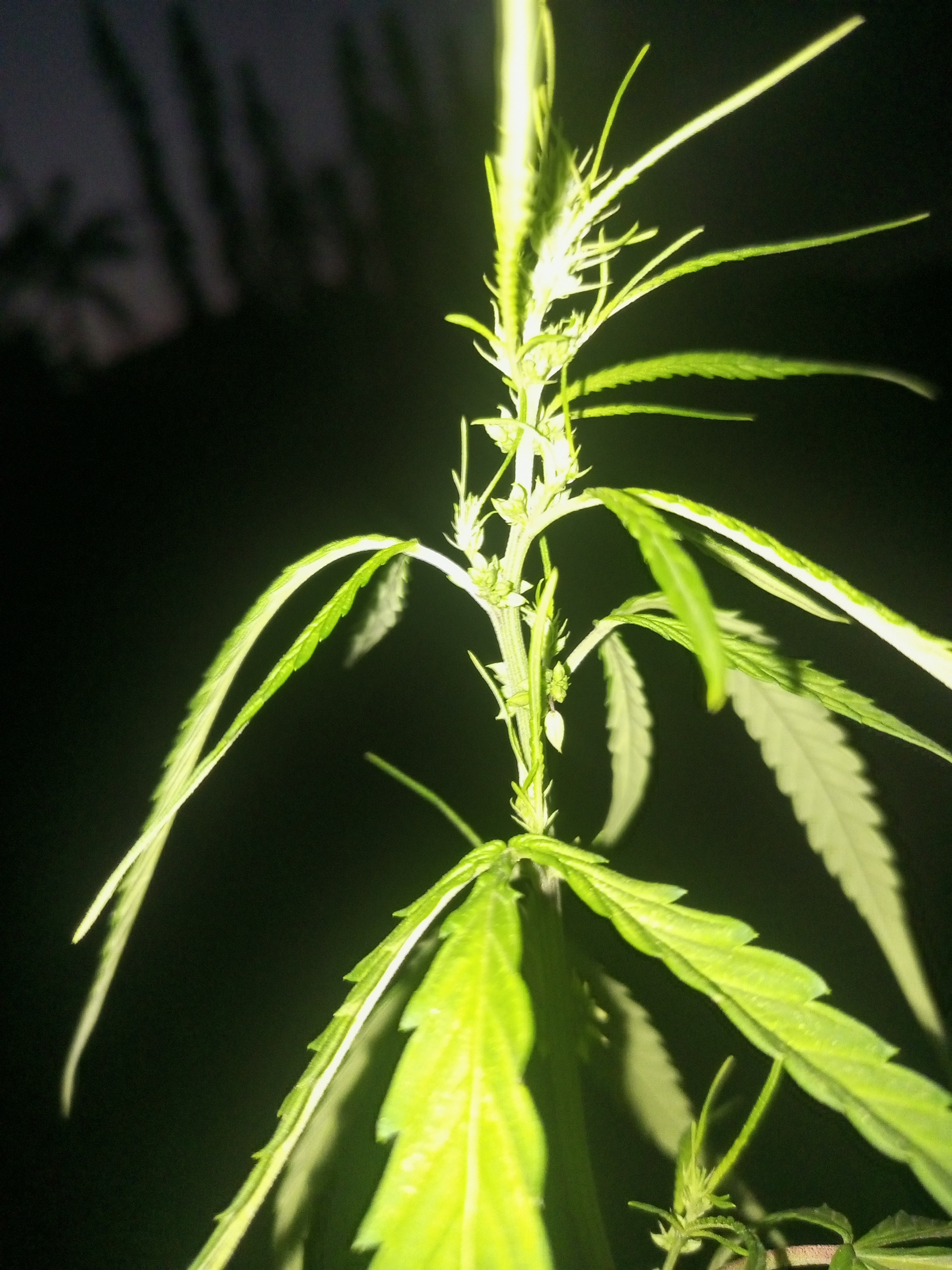Nepenthe on:
[Wikipedia]
[Google]
[Amazon]
Nepenthe ( grc, νηπενθές, ) is a fictional medicine for sorrow – a "drug of forgetfulness" mentioned in ancient
Greek literature
Greek literature () dates back from the ancient Greek literature, beginning in 800 BC, to the modern Greek literature of today.
Ancient Greek literature was written in an Ancient Greek dialect, literature ranges from the oldest surviving writte ...
and Greek mythology
A major branch of classical mythology, Greek mythology is the body of myths originally told by the ancient Greeks, and a genre of Ancient Greek folklore. These stories concern the origin and nature of the world, the lives and activities ...
, depicted as originating in Egypt
Egypt ( ar, مصر , ), officially the Arab Republic of Egypt, is a transcontinental country spanning the northeast corner of Africa and southwest corner of Asia via a land bridge formed by the Sinai Peninsula. It is bordered by the Medit ...
..
The carnivorous plant genus
Genus ( plural genera ) is a taxonomic rank used in the biological classification of living and fossil organisms as well as viruses. In the hierarchy of biological classification, genus comes above species and below family. In binomial nom ...
'' Nepenthes'' is named after the drug nepenthe.
In the ''Odyssey''
The word ' first appears in the fourth book ofHomer
Homer (; grc, Ὅμηρος , ''Hómēros'') (born ) was a Greek poet who is credited as the author of the ''Iliad'' and the ''Odyssey'', two epic poems that are foundational works of ancient Greek literature. Homer is considered one of the ...
's ''Odyssey
The ''Odyssey'' (; grc, Ὀδύσσεια, Odýsseia, ) is one of two major ancient Greek epic poems attributed to Homer. It is one of the oldest extant works of literature still widely read by modern audiences. As with the ''Iliad'', th ...
'':
Analysis
Figuratively, nepenthe means "that which chases away sorrow". Literally it means 'not-sorrow' or 'anti-sorrow': , , i.e. "not" (privative
A privative, named from Latin '' privare'', "to deprive", is a particle that negates or inverts the value of the stem of the word. In Indo-European languages many privatives are prefixes; but they can also be suffixes, or more independent elements. ...
prefix), and , from , , i.e. "grief, sorrow, or mourning"..
In the ''Odyssey
The ''Odyssey'' (; grc, Ὀδύσσεια, Odýsseia, ) is one of two major ancient Greek epic poems attributed to Homer. It is one of the oldest extant works of literature still widely read by modern audiences. As with the ''Iliad'', th ...
'', νηπενθές φάρμακον : (i.e. an anti-sorrow drug) is a magical potion
A potion () is a liquid "that contains medicine, poison, or something that is supposed to have magic powers.” It derives from the Latin word ''potus'' which referred to a drink or drinking. The term philtre is also used, often specifically ...
given to Helen by Polydamna, the wife of the noble Egyptian Thon; it quells all sorrows with forgetfulness.
Pliny the Elder
Gaius Plinius Secundus (AD 23/2479), called Pliny the Elder (), was a Roman author, naturalist and natural philosopher, and naval and army commander of the early Roman Empire, and a friend of the emperor Vespasian. He wrote the encyclopedic ' ...
and Dioscorides
Pedanius Dioscorides ( grc-gre, Πεδάνιος Διοσκουρίδης, ; 40–90 AD), “the father of pharmacognosy”, was a Greek physician, pharmacologist, botanist, and author of '' De materia medica'' (, On Medical Material) —a 5-vo ...
believed nepenthe to be the medicinal herb borage
Borage ( or ; ''Borago officinalis''), also known as starflower, is an annual herb in the flowering plant family Boraginaceae. It is native to the Mediterranean region, and has naturalized in many other locales.
It grows satisfactorily in gard ...
.
In modern times prior to the 20th century it was accepted that Indian hemp  Indian hemp may refer to any of various fiber bearing plan ...
Indian hemp may refer to any of various fiber bearing plan ...
was the nepenthe.
Quoting the passage cited above in his 2015 novel ' (''Compass''), French writer identifies nepenthe with opium. Likewise, in ''Forbidden Drugs'', Philip Robson writes: "What else could Helen of Troy’s nepenthe have been but opium?" The problem with identifying the drug as opium, however, is that by the time of Homer, it already had a long history of use by the Greeks, whereas nepenthe was something unknown to them.
 Indian hemp may refer to any of various fiber bearing plan ...
Indian hemp may refer to any of various fiber bearing plan ...References
{{Reflist Odyssey Mythological medicines and drugs